Tracking your macros and micros doesn’t have to be complicated. In fact, it might be one of the most powerful nutrition habits you can develop if you want to lose weight, gain muscle, or just feel better.
But let’s be real – not all nutrition apps are created equal. Some give you fancy graphs but lack accurate data. Others have great databases but are a pain to use.
So what should you look for in a macro tracking app, and which ones actually deliver? I’ve tried most of them, so let me break it down for you.

Why Bother Tracking Macros and Micronutrients?
Look, I get it. Logging your food seems like a chore. But here’s the truth: just counting calories is like driving with one eye closed.
You might get where you’re going, but you’re missing a ton of important information along the way.
Macros (protein, carbs, and fats) determine:
- How much muscle you build
- How satisfied you feel after meals
- How stable your energy levels are throughout the day
And micros (vitamins and minerals)? They’re the unsung heroes that:
- Support your immune system
- Help you recover from workouts
- Keep your bones strong
- Influence your mood and energy
When you’re low on certain nutrients, your body lets you know – usually through fatigue, poor recovery, or even weird cravings. But by then, you’re already playing catch-up.
Key Features to Look For in Tracking Apps
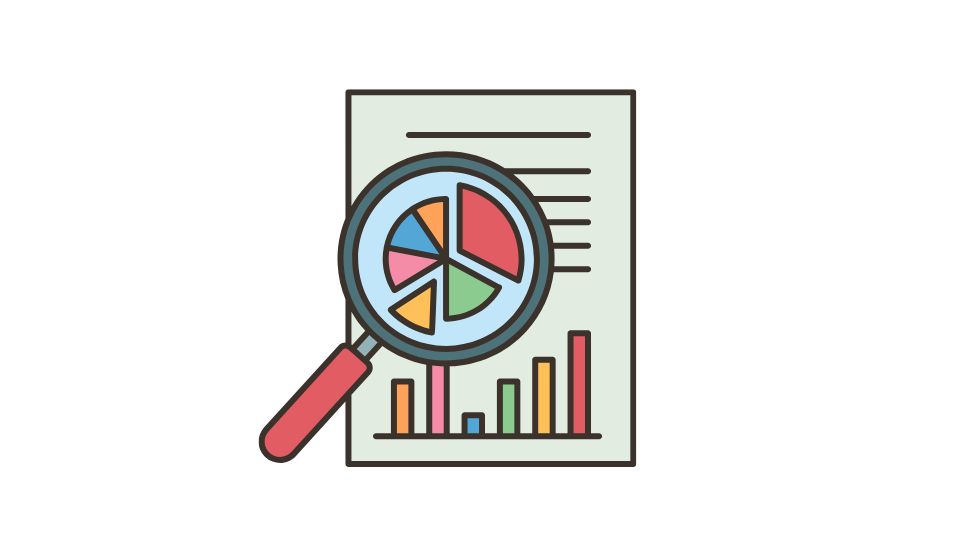
The best apps make tracking easy while giving you accurate data. Here’s what separates the good from the “why did I download this?”:
Comprehensive Food Database
Nothing’s more frustrating than searching for your food and getting garbage results. The top apps maintain verified databases with lab-analyzed nutrient info for thousands of foods.
Cronometer stands out here, with data for 84+ micronutrients that’s actually verified (not crowd-sourced guesswork).
Quick Logging Methods
Let’s face it – if logging takes forever, you’ll quit after three days.
Great apps offer:
- Barcode scanning (point, scan, done)
- Recent foods lists
- Meal templates
- Voice input
Personalized Goals
Your macro needs are not the same as mine. The best apps let you:
- Set custom macro targets
- Adjust based on your workouts
- Account for different diet styles (keto, paleo, vegan, etc.)
Visual Insights and Trends
Seeing your nutrition data visualized is like having a nutritionist in your pocket. Look for apps that show:
- Macro breakdowns as pie charts
- Micronutrient fulfillment bars
- Weekly and monthly trends
- Correlations between diet and other health metrics
Smart Integrations
Your nutrition app should play nice with your fitness tracker or health app. This lets you see how your diet affects your:
- Activity levels
- Sleep quality
- Weight trends
- Heart rate variability
MacroFactor does this particularly well, with an algorithm that actually adapts to your metabolism.
The Best Apps for Tracking in 2025
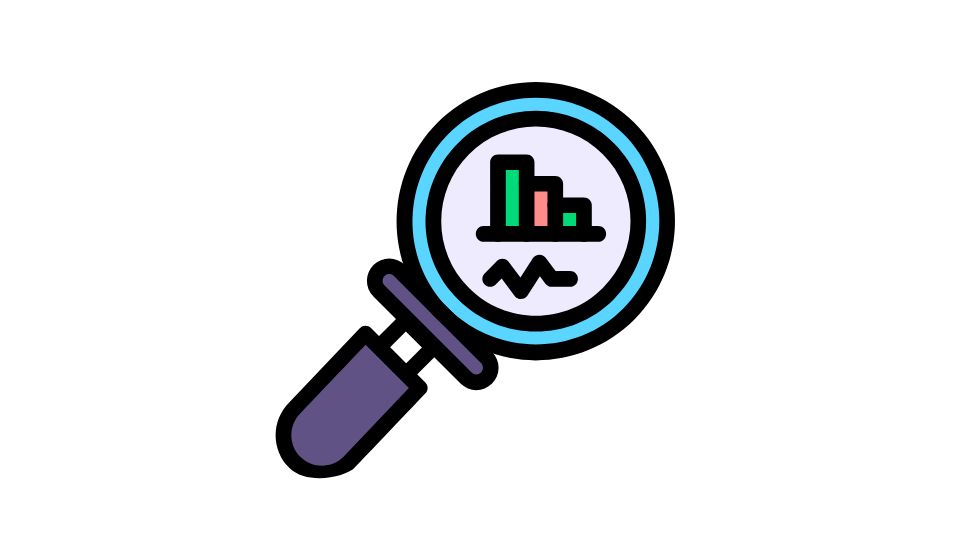
I’ve tried dozens of apps (so you don’t have to), and these are the standouts:
Cronometer: The Micronutrient King
Strengths: Most detailed vitamin and mineral tracking by far. Every entry is verified against lab analysis, not random user submissions. Serious about data privacy too.
Platforms: iOS, Android
Cost: Free version is great; Gold is $8.99/month or $49.99/year
MacroFactor: The Smart Adapter
Strengths: Actually learns your metabolism and adjusts recommendations. No more generic formulas! Super customizable and works well for athletic goals.
Platforms: iOS
Cost: 7-day trial, then $5.99/month
MyFitnessPal: The OG with the Biggest Database
Strengths: Enormous food database (almost everything is in there). Easy social features if you want accountability buddies.
Platforms: iOS, Android
Cost: Free with ads; Premium removes ads and adds features for $19.99/month
Food Noms: The Apple-Only Beauty
Strengths: Gorgeous interface, highly customizable, and syncs perfectly with Apple Health. Great for recipe sharing too.
Platforms: iOS only
Cost: Free with some paid features
MealByMeal: The Text-Message Tracker
This one’s unique – you literally just text your meals to the app, and it tracks your calories and macros for you. Super simple if you hate opening apps and scanning barcodes all day.
The MealByMeal website explains how their text-based system works – basically you get all the tracking with none of the hassle.
How to Choose the Right App For YOU
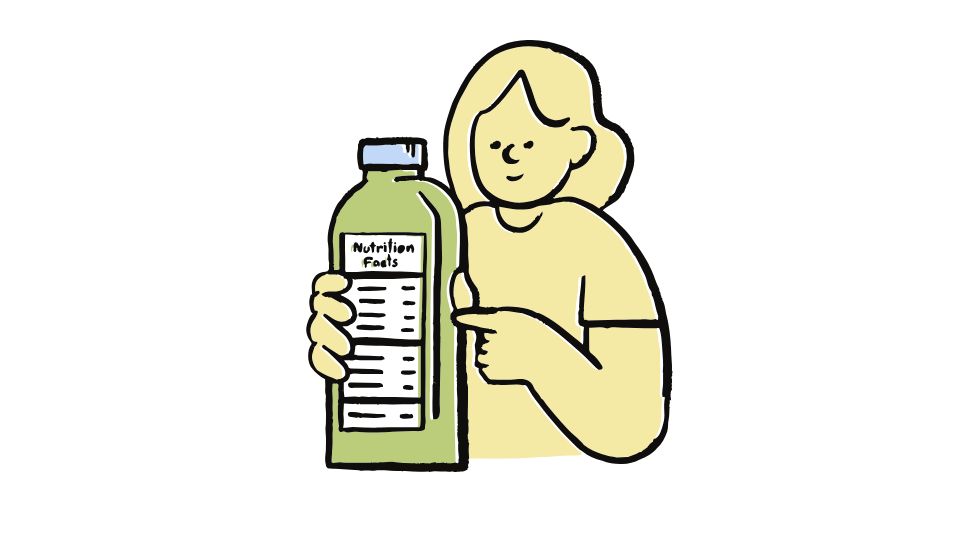
Look, the “best” app is the one you’ll actually use consistently. Here’s how to decide:
Consider Your Goals
- Weight loss? Look for apps with good calorie tracking and progress visualization
- Muscle gain? Prioritize detailed protein tracking and workout integration
- Health management? Focus on comprehensive micronutrient data
- Just want simplicity? A text-based app like MealByMeal might be perfect
Think About Your Tech Habits
- Always on your phone? A full-featured app might work great
- Hate app notifications? Consider a minimal or text-based option
- Use an Apple Watch? Make sure the app has good Apple Health integration
- Android user? Check compatibility (some great apps are iOS-only)
Be Honest About Your Tracking Style
Are you:
- A data nerd who wants every detail? → Cronometer is your jam
- Someone who just wants the basics? → MealByMeal or MyFitnessPal
- Visually motivated? → Food Noms has the prettiest interface
- Focused on athletic performance? → MacroFactor’s adaptive algorithm is unmatched
Budget Reality Check
Most apps have free versions, but premium features (especially the good ones) cost money:
- Free options: Basic MyFitnessPal, Cronometer, limited Food Noms
- Mid-range: MealByMeal, MacroFactor ($5-10/month)
- Premium: MyFitnessPal Premium, Cronometer Gold ($10-20/month)
Remember: spending a few bucks on an app you’ll actually use is better than downloading five free ones you’ll abandon.
Is All This Tracking Really Worth It?
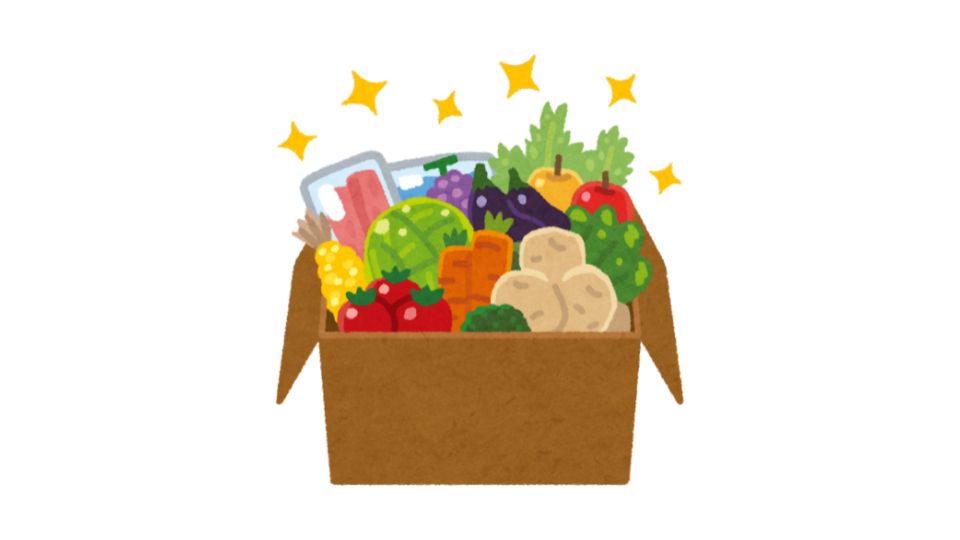
Here’s my take: tracking your nutrition is like having a financial budget.
Sure, you could just wing it and hope for the best. But people who track their money know where it goes and can make better decisions.
Same with food. Track it for a few weeks, and you’ll start to see patterns. Maybe you’re chronically low on protein. Or perhaps your vitamin D is always in the tank.
This knowledge is power. And unlike weird diet trends, the insights from good tracking are based on YOUR actual data.
Will it take some effort? Yep. Is it worth it? For most people serious about their health or fitness goals, absolutely.
Just remember – the app is a tool, not the solution. Pick one that fits your life, learn from the data, and use those insights to make better choices one meal at a time.



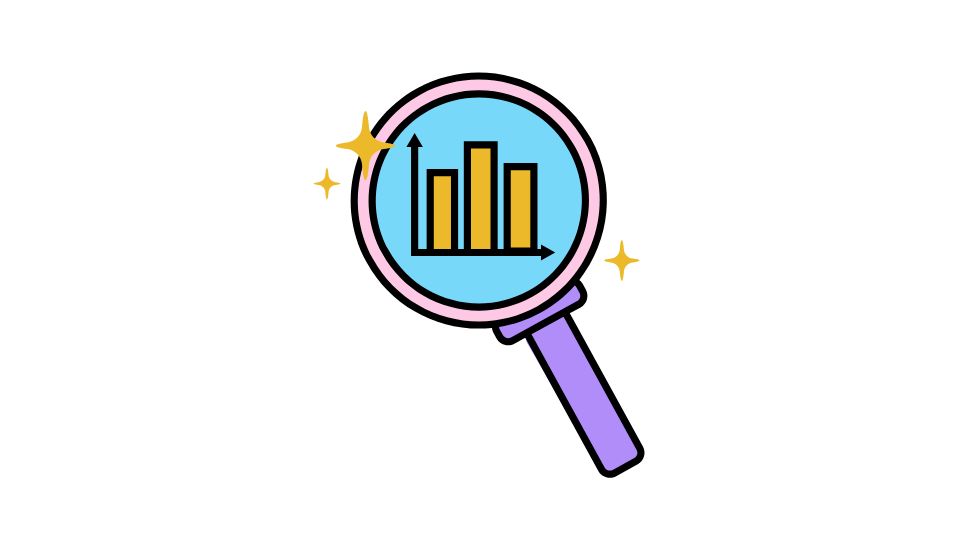
Leave a Reply